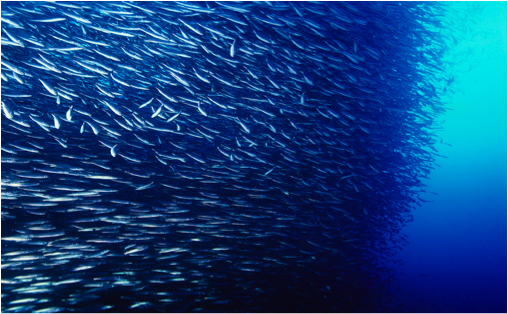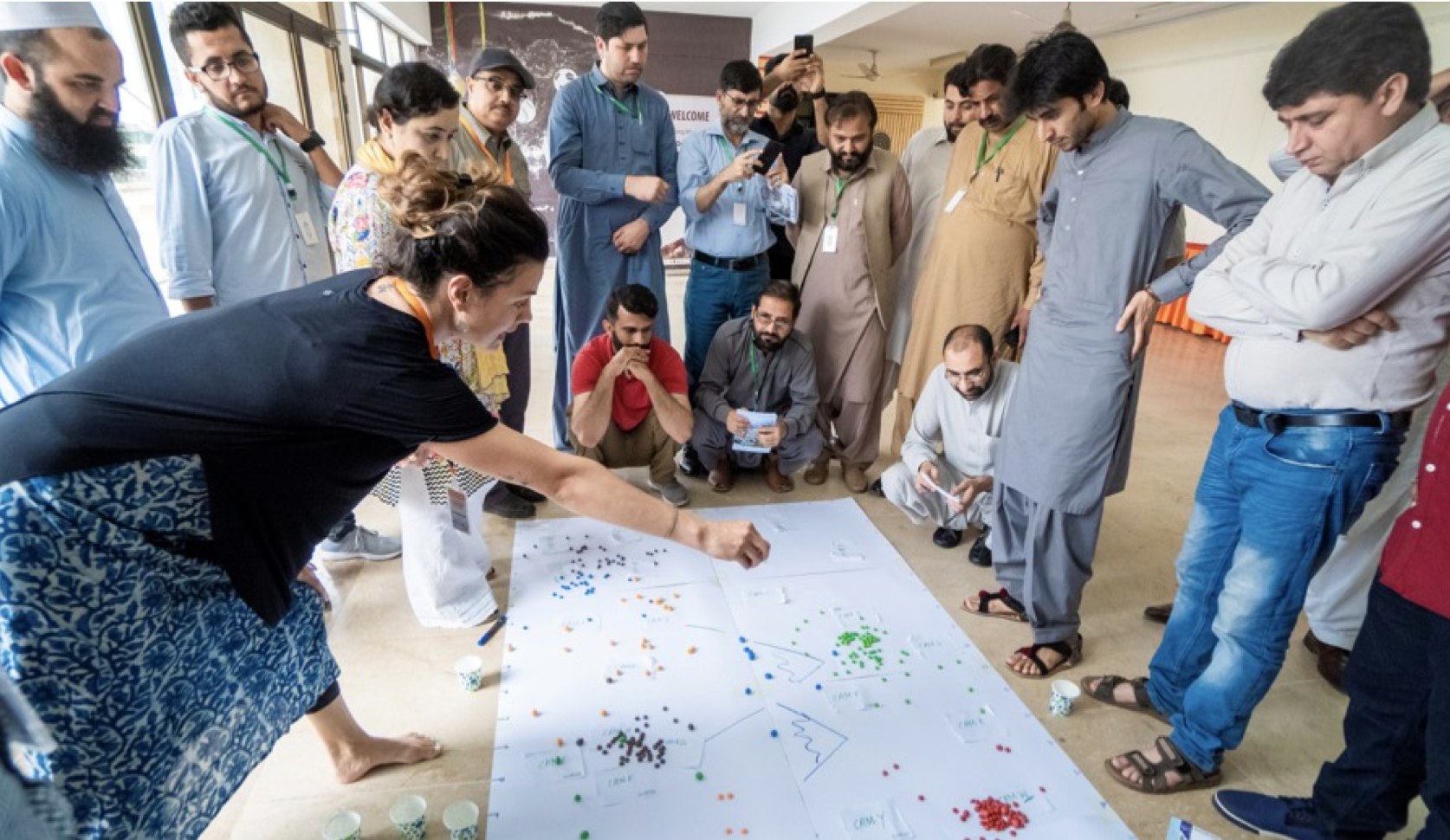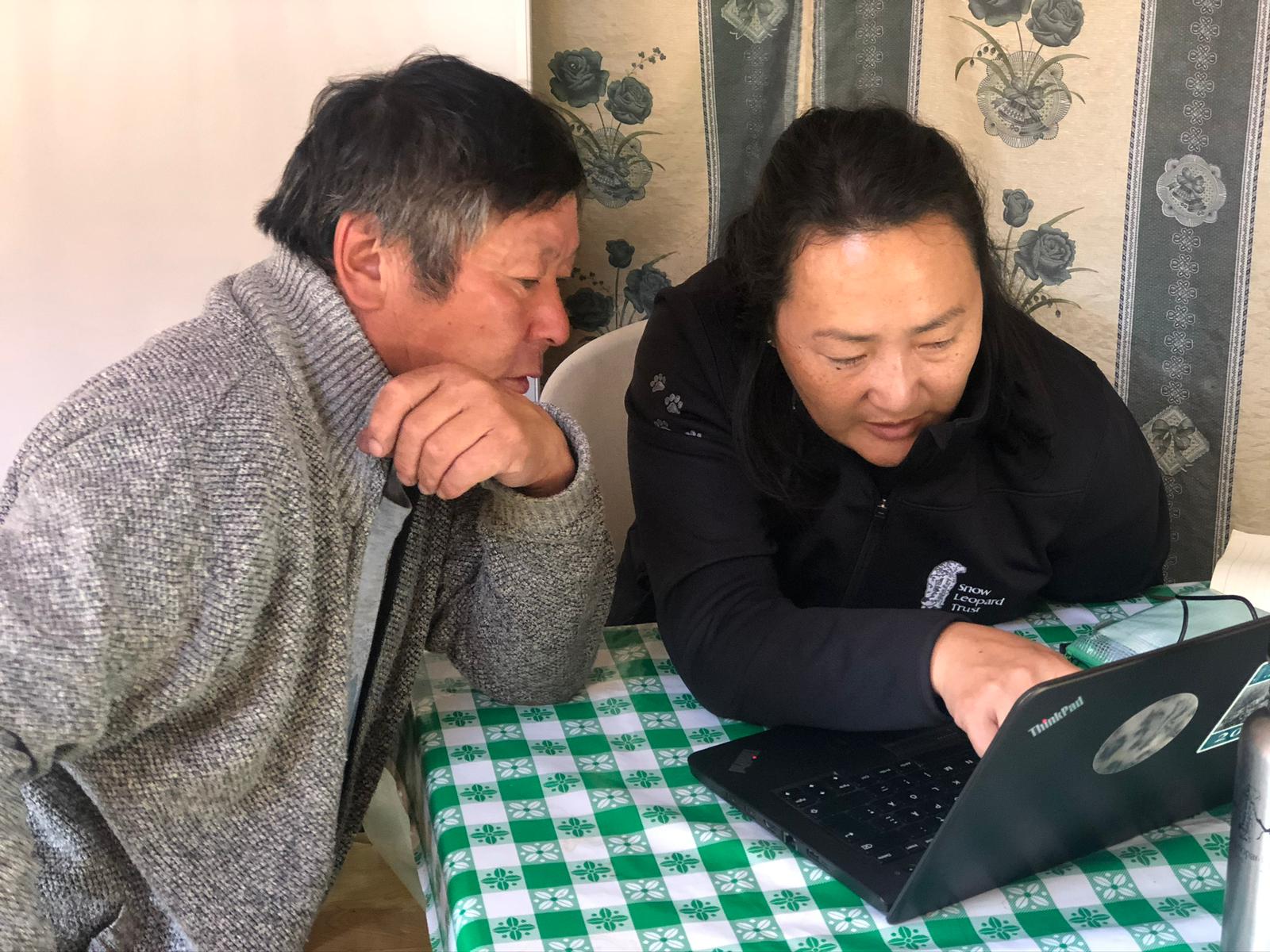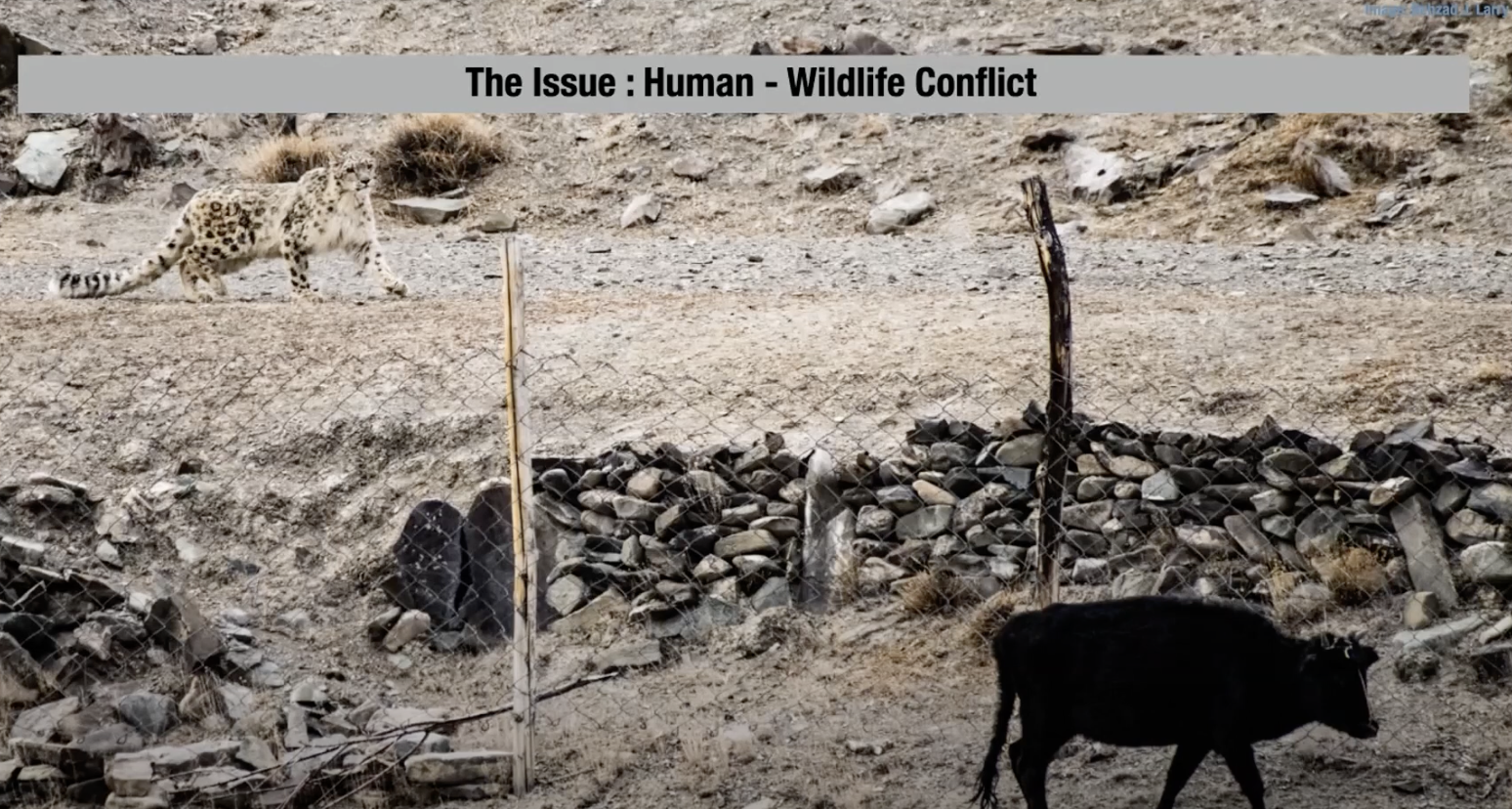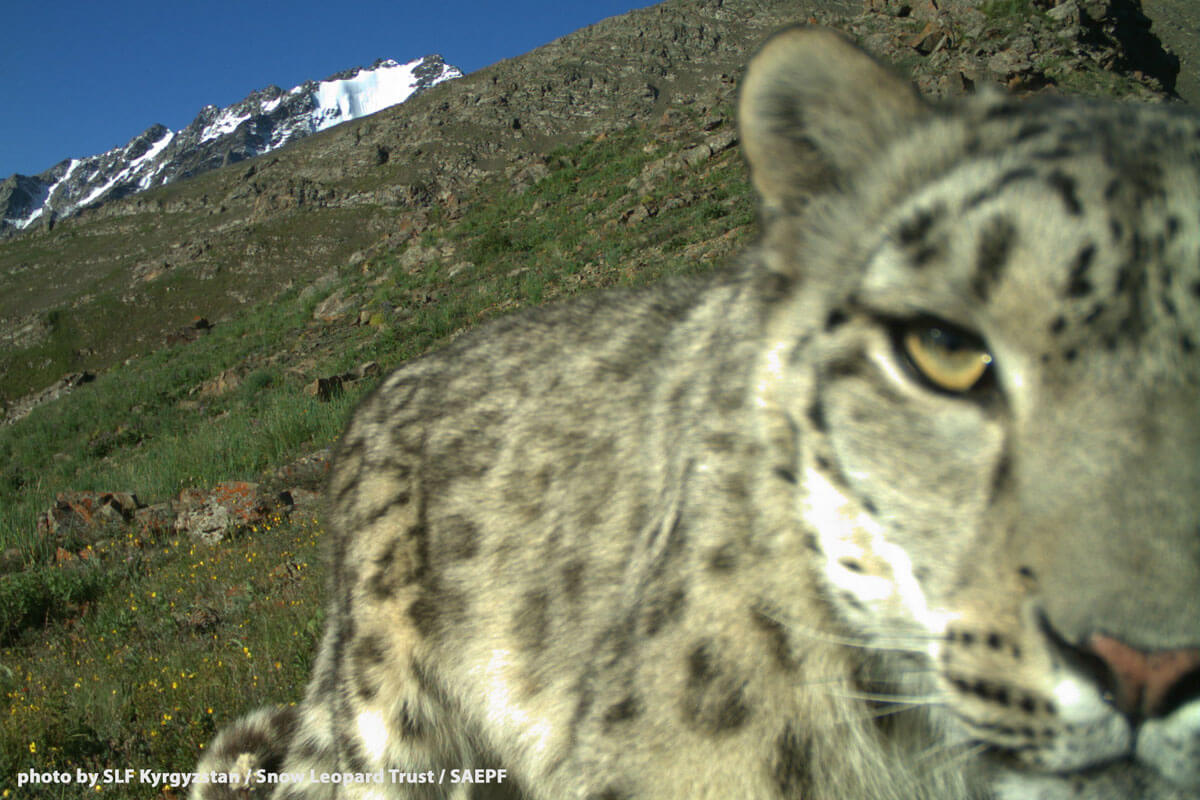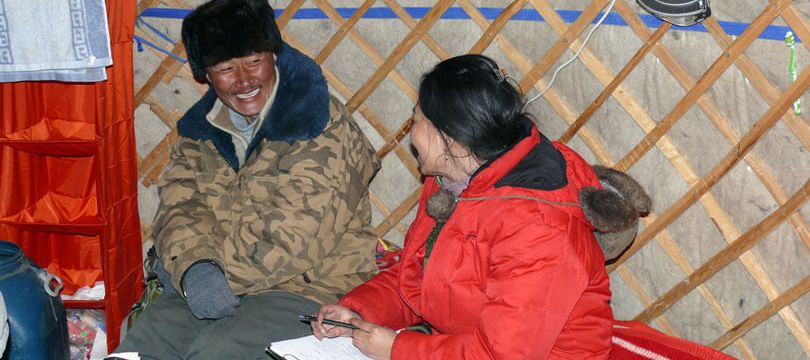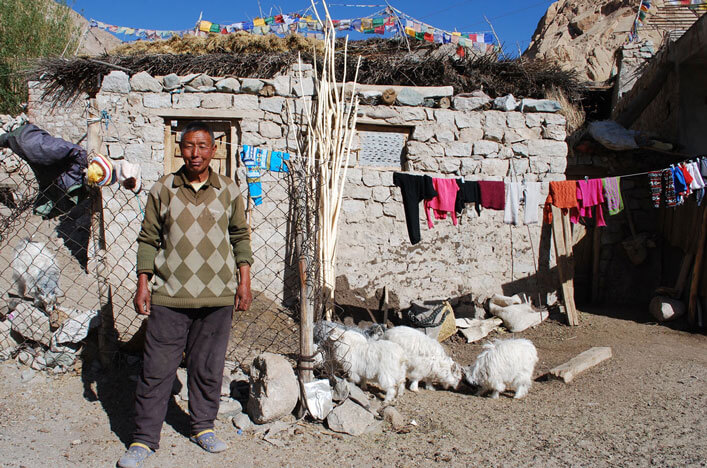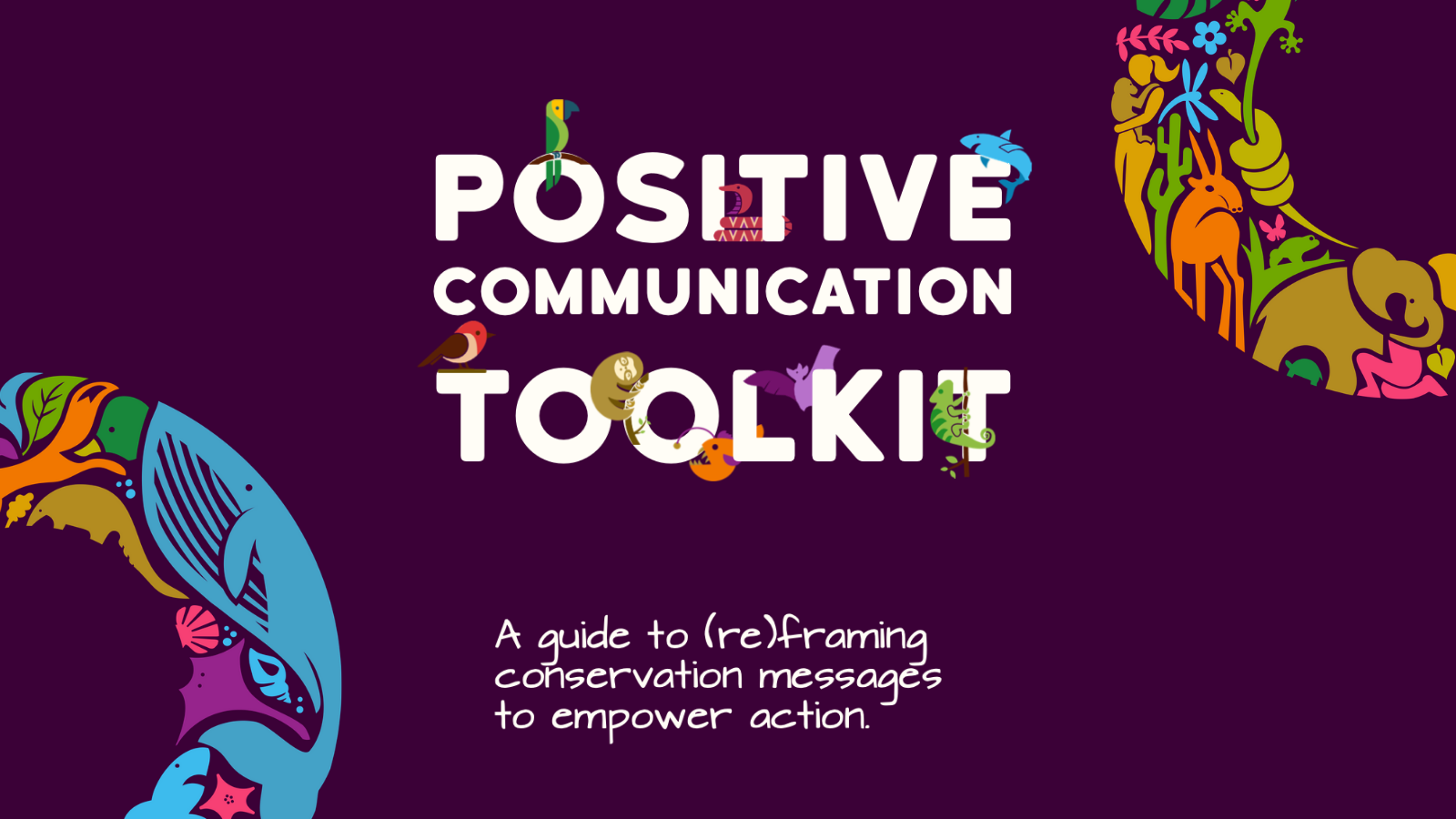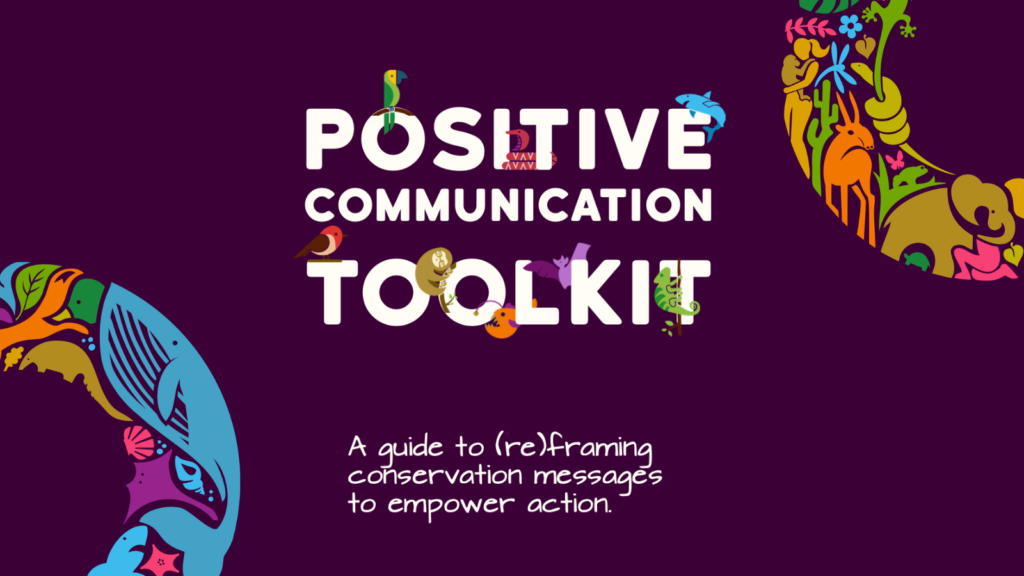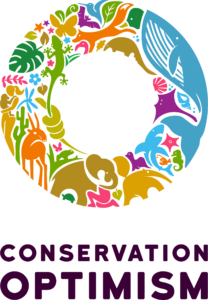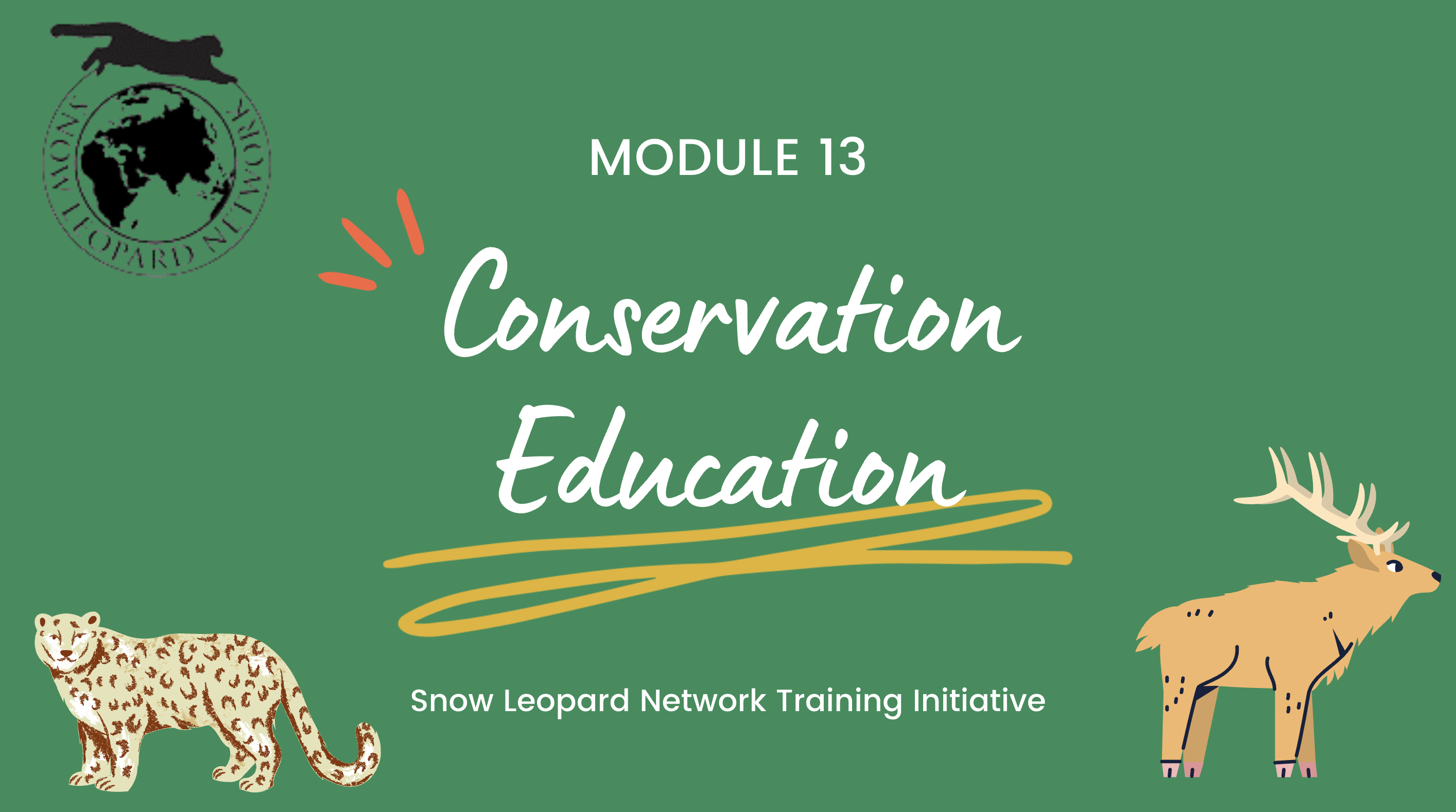
Across the snow leopard range, people and snow leopards share space. A supportive constituency of communities and individuals is paramount for the conservation of the snow leopard. Environmental education is one means of building support and creating awareness amongst children, young people and adults for the long term. It is the process of creating knowledge of the environment; strengthening pro-environmental values among children; motivating young people to participate in environmental protection; and through a process of empowerment find solutions for environmental problems. It involves the continued strengthening of positive values among people towards snow leopards and the environment. Children’s environmental education is particularly important as children are the future environmental custodians and also have the capacity to influence present household pro-environmental behaviours.
While the importance of conservation education for coexistence is evident, conceptualising and implementing a conservation education module can be a lot more challenging. What are the goals of the conservation education programme? What are the most effective ways for children to learn? How can conservation education programmes be tailored to create impactful, long-term change? How can we incorporate place-based knowledge into our programmes?
In this module on conservation education these questions and more will be discussed, hosted by SLN-GSLEP and brought to you thanks to the support of other conservation education partners. Participants will be introduced to the theory and basics of conservation education, build skills so that conservation education can be made more effective, and exposed to conservation education programmes in the snow leopard landscape. Do join us for this exciting and interactive module!
This Module is offered thanks to the contributions and support of University of Vermont, Nature Classrooms, Land of the Snow Leopard Network, the Snow Leopard Conservancy , Snow Leopard Trust and GSLEP.
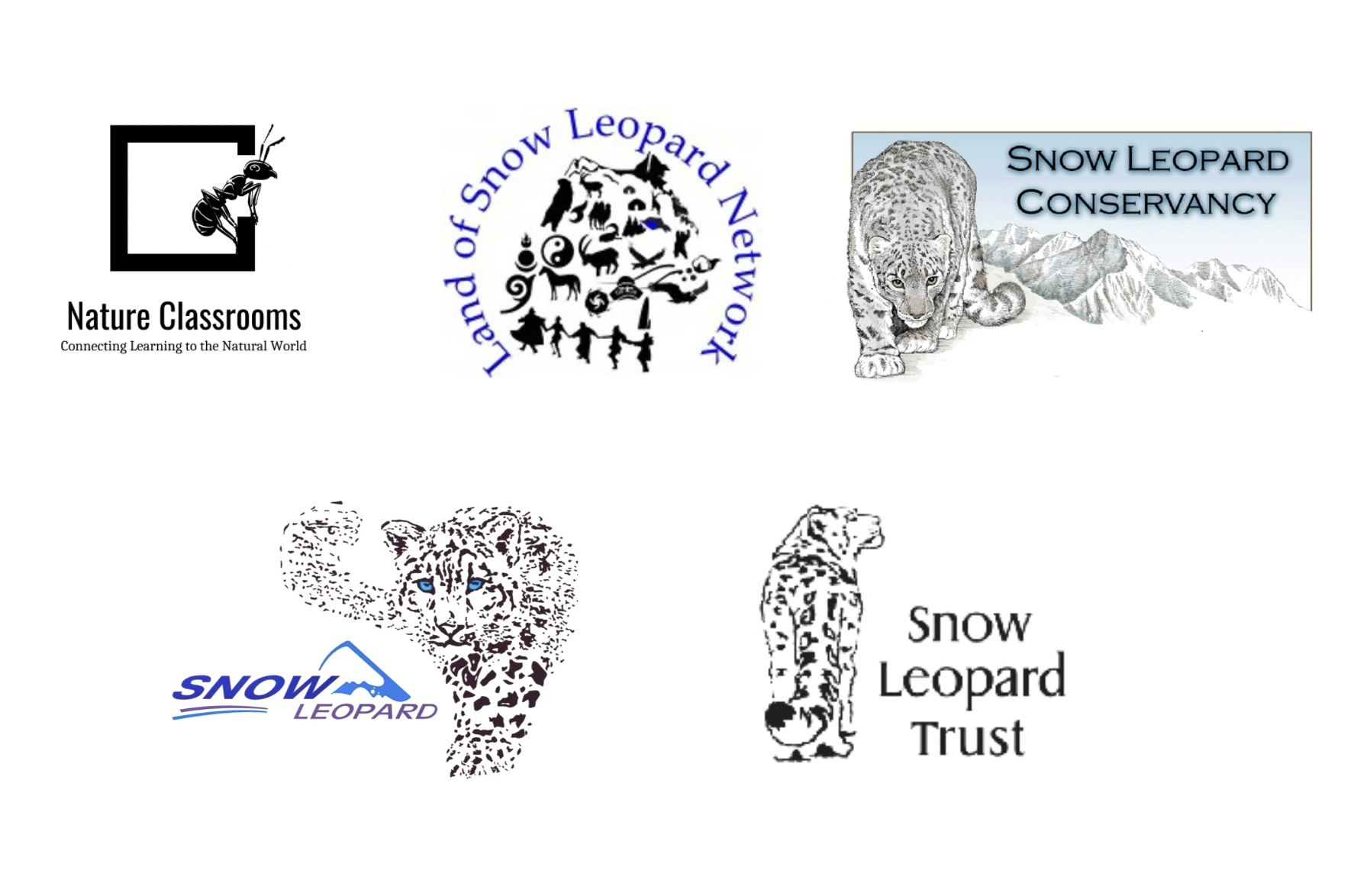
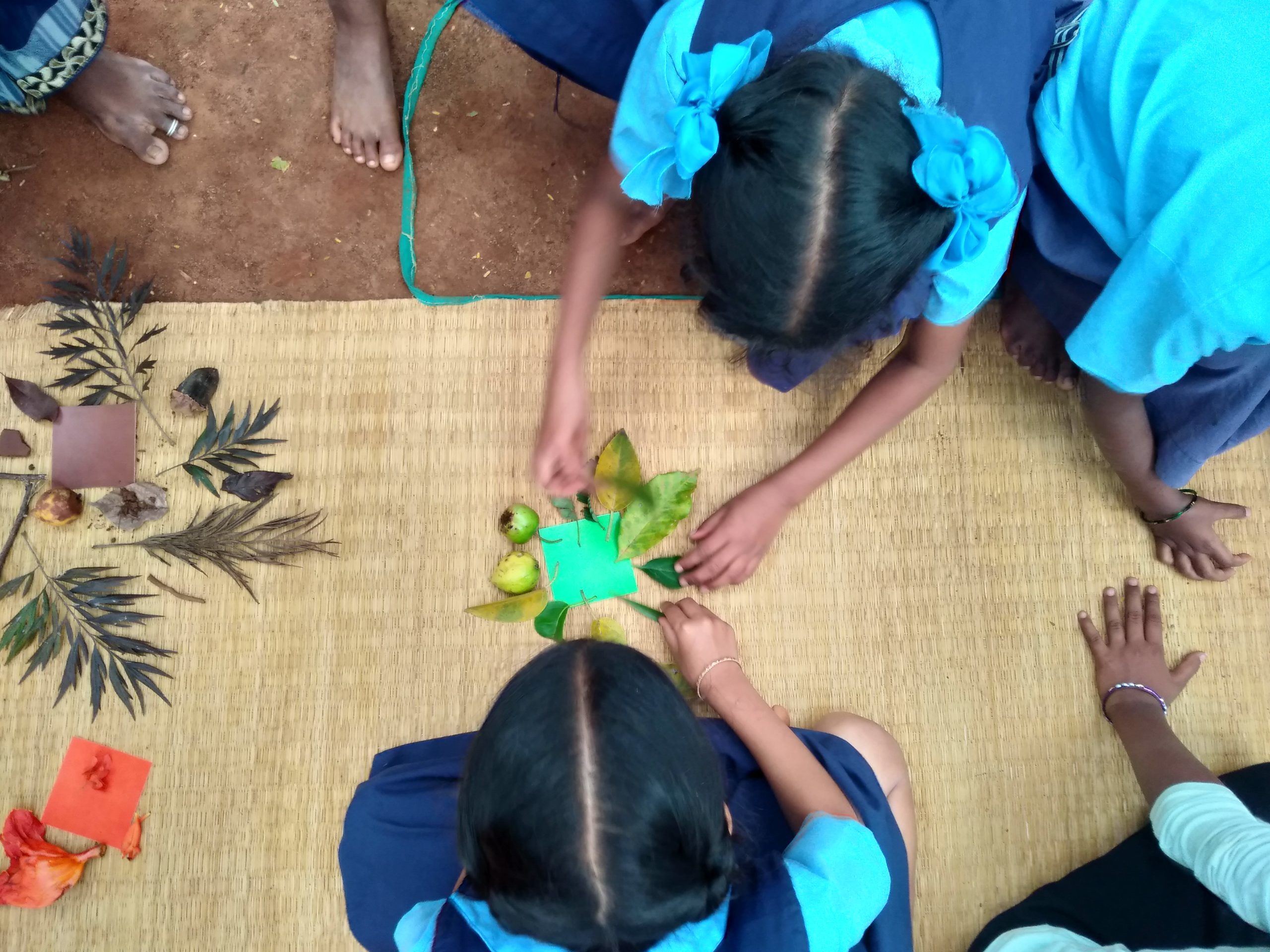

About the course
-
Session 1: Introduction to Conservation Education
Wednesday September 8th, 18:00-20:00 Bishkek time
This session will be led by Dr. Rachelle Gould, an Assistant Professor at the University of Vermont. Rachelle will start us off by exploring how conservation education is more than creating awareness, and more than information delivery. The session will discuss how the core goal of conservation education is to develop informed, active citizens who feel empowered to create change. Throughout the session the group will discuss considerations, ideas, and sample learning activities that can help to develop informed, active members of society.
-
Session 2: Land of the Snow Leopard Network
Wednesday September 15th, 17:00-19:30 Bishkek time
For this Session we have the pleasure to invite the Land of Snow Leopard (LOSL) Network. LOSL is part of a groundbreaking collaboration between western and indigenous science and has two overriding goals: reviving ancient conservation practices and creating pathways for Indigenous Cultural Practitioners to be coequal partners in research and planning for the conservation of snow leopards.
The network is striving to help the GSLEP governments understand and embrace the snow leopard’s spiritual nature and fundamental place in indigenous practices as well as to share knowledge of the spiritual and cultural importance of these cats and the imperative to embrace this knowledge in securing landscapes for their preservation. LOSL received the Disney Conservation Hero Award in 2020, recognizing local citizens for their commitment to save wildlife, protect habitats, and inspire their communities to take part in conservation efforts. The Snow Leopard Conservancy facilitates Land of Snow Leopard and provides technical and fiscal support. This Session will focus on introducing the indigenous ways of learning and teaching in snow leopard landscapes, with a special focus on two of LOSL’s programs: 1. learning from elders and 2. teaching in nomadic communities.
-
Session 3 & 4: Connecting Learning to the Natural World – A Nature Classrooms Approach
The workshop will include discussions on concepts like shifting baseline syndrome, nature deficit disorder, demonstrations on inquiry based learning and examples of modules we have designed and created that can be weaved into textbook topics. Through a short project participants will also brainstorm, create and pilot their own nature learning resources suited to their specific teaching-learning contexts. More details about the Nature Classrooms project can be accessed here


Meet the Resource Team
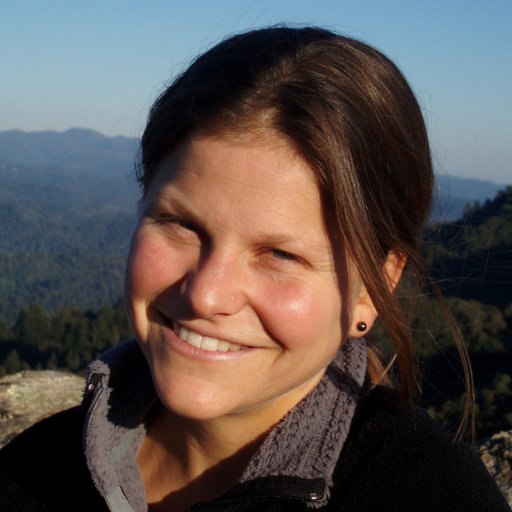 Rachelle Gould is an interdisciplinary scholar whose work involves primarily social science and the humanities, and some ecology. She is an Assistant Professor of Sustainability and Global Equity at the University of Vermont. Her research explores the relationship between people and ecosystems and focuses on: (1) lifelong and life-wide environmental education and learning; (2) environmental values, including Cultural Ecosystem Services and relational values; (3) how issues of equity, inclusion, and justice permeate environmental issues. She has taught Environmental Education at the University Vermont for over five years.
Rachelle Gould is an interdisciplinary scholar whose work involves primarily social science and the humanities, and some ecology. She is an Assistant Professor of Sustainability and Global Equity at the University of Vermont. Her research explores the relationship between people and ecosystems and focuses on: (1) lifelong and life-wide environmental education and learning; (2) environmental values, including Cultural Ecosystem Services and relational values; (3) how issues of equity, inclusion, and justice permeate environmental issues. She has taught Environmental Education at the University Vermont for over five years.
 Tungalagtuya Khuukhenduu (Tunga) is a founder, director at the Nomadic Nature Conservation, Mongolia, NGO. She serves as the country coordinator of the Land of Snow Leopard (LOSL), an International Network Organization. Tunga has an extensive professional background in science and conservation awareness. She played a major role in creating Nomadic Nature Trunk Program, for different-ecosystem conservation program. This program has produced and distributed mobile classrooms for rural schools, communities throughout Mongolia. In particular, she has developed environmental conservation curriculum based on participatory and game-based lessons, which are for specific ecosystems and endangered species. Since 2019, the Trunk Program has also been implemented to the stakeholders in Kyrgyzstan, Tajikistan, Buryatia and Altai Republic and Mongolia for the purpose of conserving snow leopard, a sacred cat species.
Tungalagtuya Khuukhenduu (Tunga) is a founder, director at the Nomadic Nature Conservation, Mongolia, NGO. She serves as the country coordinator of the Land of Snow Leopard (LOSL), an International Network Organization. Tunga has an extensive professional background in science and conservation awareness. She played a major role in creating Nomadic Nature Trunk Program, for different-ecosystem conservation program. This program has produced and distributed mobile classrooms for rural schools, communities throughout Mongolia. In particular, she has developed environmental conservation curriculum based on participatory and game-based lessons, which are for specific ecosystems and endangered species. Since 2019, the Trunk Program has also been implemented to the stakeholders in Kyrgyzstan, Tajikistan, Buryatia and Altai Republic and Mongolia for the purpose of conserving snow leopard, a sacred cat species.
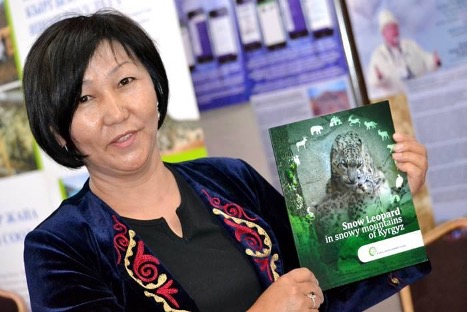 Kuluipa Akmatova is one of the most qualified and foremost researchers of traditional knowledge in Kyrgyzstan. With an educational background in history and sociology obtained from the Kazan University in the Russian Federation, Ms. Kuluipa has managed to become one of the pioneers in studying and documenting traditional ecological knowledge in Kyrgyzstan and has contributed significantly to its revitalization. She has immense experience in community mobilization and engagement, training, and rural development. Since 2017, she has been leading the PF “Rural Development Fund” and actively participating in civil society development. Say, she is a member of the Governing Council of the World Union of Spiritual Practices, a member of the international network of snow leopard defenders LOSL, a member of the Supervisory Board of the Agency for Community Development and Investment of the Kyrgyz Republic. Currently, Mr.Kuluipa promotes the ILC Asia CBI-6 Platform on Locally-Managed Ecosystems with its 16 member NGOs. She serves as a country coordinator of the Land of Snow Leopard (LOSL).
Kuluipa Akmatova is one of the most qualified and foremost researchers of traditional knowledge in Kyrgyzstan. With an educational background in history and sociology obtained from the Kazan University in the Russian Federation, Ms. Kuluipa has managed to become one of the pioneers in studying and documenting traditional ecological knowledge in Kyrgyzstan and has contributed significantly to its revitalization. She has immense experience in community mobilization and engagement, training, and rural development. Since 2017, she has been leading the PF “Rural Development Fund” and actively participating in civil society development. Say, she is a member of the Governing Council of the World Union of Spiritual Practices, a member of the international network of snow leopard defenders LOSL, a member of the Supervisory Board of the Agency for Community Development and Investment of the Kyrgyz Republic. Currently, Mr.Kuluipa promotes the ILC Asia CBI-6 Platform on Locally-Managed Ecosystems with its 16 member NGOs. She serves as a country coordinator of the Land of Snow Leopard (LOSL).
 Almagul Osmonova is a Director of Taalim-Forum pubic foundation in Kyrgyzstan. She has experience in teaching at schools and lecturing at universities. For the last 10 years, her NGO is actively promoting ethno-environment education; developing educational materials, teachers’ methodologies, organizing workshops for teachers, and publishing books for children with the focus on local environment, biodiversity and cultural heritage. With the support of SLC, the informal network of teachers called Eco-Bilim (Eco-Knowledge) was established to support teachers from mountain regions to learn and discuss the issues of protecting mountain ecosystems, how to use new methodologies and approaches in environment education at schools. Rural Development Fund and Taalim-Forum are working with school children in the mountain regions, which includes organizing summer camps, festivals, theatrical performances, and different school activities and projects together with trained teachers. Teachers’ training includes learning innovative methodologies and approaches engaging children in conservation. Almagul serves as a country coordinator of the Land of Snow Leopard (LOSL).
Almagul Osmonova is a Director of Taalim-Forum pubic foundation in Kyrgyzstan. She has experience in teaching at schools and lecturing at universities. For the last 10 years, her NGO is actively promoting ethno-environment education; developing educational materials, teachers’ methodologies, organizing workshops for teachers, and publishing books for children with the focus on local environment, biodiversity and cultural heritage. With the support of SLC, the informal network of teachers called Eco-Bilim (Eco-Knowledge) was established to support teachers from mountain regions to learn and discuss the issues of protecting mountain ecosystems, how to use new methodologies and approaches in environment education at schools. Rural Development Fund and Taalim-Forum are working with school children in the mountain regions, which includes organizing summer camps, festivals, theatrical performances, and different school activities and projects together with trained teachers. Teachers’ training includes learning innovative methodologies and approaches engaging children in conservation. Almagul serves as a country coordinator of the Land of Snow Leopard (LOSL).
 Lyubov Ivashkina lives in Gorno-Altaysk (Russia, south of Western Siberia). Environmental journalist. For many years she worked in the editorial office of the republican radio and in the editorial office of the republican newspaper “Star of Altai”. As a journalist, he closely cooperates with nature conservation organizations of the Altai Republic: these are the Altai Nature Reserve, the Katunsky Nature Reserve, the Saylyugemsky National Park and the natural parks of Gorny Altai. As a journalist and photographer, he has been collaborating with WWF (World Wildlife Fund) for many years. Together with the Foundation for Sustainable Development of Altai (FSDA), she took part in organizing the first children’s festival in the Altai Republic “Day of the Snow Leopard”. Lyubov continues to provide informational support for festivals and other events to preserve the snow leopard in the Altai Republic and the LOSL network countries on the pages of the site http://www.pero-altay.ru/. She serves as a country coordinator of the Land of Snow Leopard (LOSL). Today, as a member of the international network, LOSL, together with local spiritual leaders and employees of specially protected natural areas, continues to work among the local population to preserve the snow leopard in the Altai mountains.
Lyubov Ivashkina lives in Gorno-Altaysk (Russia, south of Western Siberia). Environmental journalist. For many years she worked in the editorial office of the republican radio and in the editorial office of the republican newspaper “Star of Altai”. As a journalist, he closely cooperates with nature conservation organizations of the Altai Republic: these are the Altai Nature Reserve, the Katunsky Nature Reserve, the Saylyugemsky National Park and the natural parks of Gorny Altai. As a journalist and photographer, he has been collaborating with WWF (World Wildlife Fund) for many years. Together with the Foundation for Sustainable Development of Altai (FSDA), she took part in organizing the first children’s festival in the Altai Republic “Day of the Snow Leopard”. Lyubov continues to provide informational support for festivals and other events to preserve the snow leopard in the Altai Republic and the LOSL network countries on the pages of the site http://www.pero-altay.ru/. She serves as a country coordinator of the Land of Snow Leopard (LOSL). Today, as a member of the international network, LOSL, together with local spiritual leaders and employees of specially protected natural areas, continues to work among the local population to preserve the snow leopard in the Altai mountains.
 In the Pamir Mountains, the main threat to snow leopards is conflict with herders. Qurbon Alamshoev has more then ten stories about snow leopards being released back into the wild after being captured by villagers. These snow leopards had killed the herders’ livestock. With Qurbon providing information on the importance of snow leopards in the ecosystem and their cultural significance through the popular Snow Leopard Day Festivals, villagers chose to release these snow leopards rather than retaliate and kill them. Qurbon serves as a country coordinator of the Land of Snow Leopard (LOSL).
In the Pamir Mountains, the main threat to snow leopards is conflict with herders. Qurbon Alamshoev has more then ten stories about snow leopards being released back into the wild after being captured by villagers. These snow leopards had killed the herders’ livestock. With Qurbon providing information on the importance of snow leopards in the ecosystem and their cultural significance through the popular Snow Leopard Day Festivals, villagers chose to release these snow leopards rather than retaliate and kill them. Qurbon serves as a country coordinator of the Land of Snow Leopard (LOSL).
 Vena Kapoor is an Ecologist and Nature Educator. She heads the Nature Classrooms project that is currently developing a well-researched, trialled, tested nature learning activities, modules and curriculum for primary schools in India using education theory and pedagogical practices. She also conducts workshops, talks, walks for adults and children to introduce them to the fascinating world of insects, spiders and nature around them. Vena holds an MPhil in Conservation Leadership from the University of Cambridge, UK and a Masters in Ecology from Pondicherry University.
Vena Kapoor is an Ecologist and Nature Educator. She heads the Nature Classrooms project that is currently developing a well-researched, trialled, tested nature learning activities, modules and curriculum for primary schools in India using education theory and pedagogical practices. She also conducts workshops, talks, walks for adults and children to introduce them to the fascinating world of insects, spiders and nature around them. Vena holds an MPhil in Conservation Leadership from the University of Cambridge, UK and a Masters in Ecology from Pondicherry University.
 Roshni Ravi is an educator with a Masters in Counselling Psychology from TISS, Mumbai. She spent several years teaching in an alternative school in Bangalore, India where she taught Language, Environmental Studies and Social Science. She has a keen interest in teaching-learning that is curiosity-driven, child-centred, experiential and wellbeing focussed. As part of Nature Conservation Foundation’s Nature Classrooms project she works with primary school teachers and educators to co-develop nature learning resources and experiences across diverse learning spaces.
Roshni Ravi is an educator with a Masters in Counselling Psychology from TISS, Mumbai. She spent several years teaching in an alternative school in Bangalore, India where she taught Language, Environmental Studies and Social Science. She has a keen interest in teaching-learning that is curiosity-driven, child-centred, experiential and wellbeing focussed. As part of Nature Conservation Foundation’s Nature Classrooms project she works with primary school teachers and educators to co-develop nature learning resources and experiences across diverse learning spaces.
Date/Time
- Wednesdays September 8th, 22nd, 29th 2021: 18:00-20:00 Bishkek time
- Wednesday September 15th, 17:00- 19:30 Bishkek time
Criteria for participation
- Snow Leopard Network Member and non-SLN members can participate!
- Confirmed availability to attend all the four online seminars of a given module
- Number of participants is limited to 25
Planned Schedule
- 2-2.5 hour online Zoom Seminars take place Wednesday of the month, September 2021
- Additional group work, assignments or readings are likely to be organized by the trainers
- Please note we expect all participants to attend the complete set of Wednesday Seminars as they are interconnected and build on each other
- Details of each specific Seminar topic will be shared approximately 5 days beforehand; including any expected preparations by participants.
- Please note that all sessions are recorded and then made available online through the SLN youtube channel. By participating in these online sessions you automatically agree to authorise recording of audio and visual content presented during the live event and consent to subsequent use of the recording in the public domain by SLN. If you have any concerns please contact us.
Deadline for Applications
- August 31st, 2021. Please note places are limited so please do
not delay in applying. - Please click on the link to submit your application




